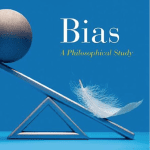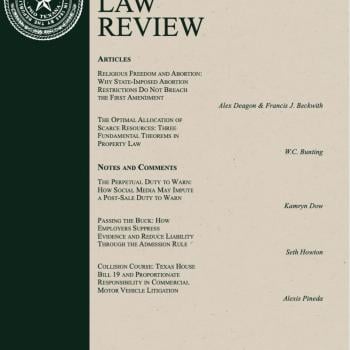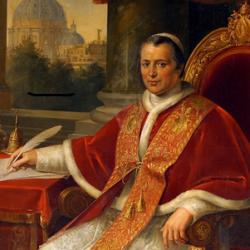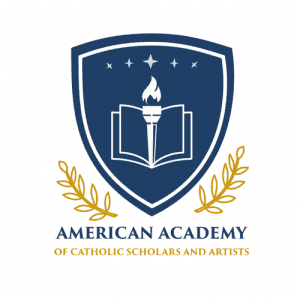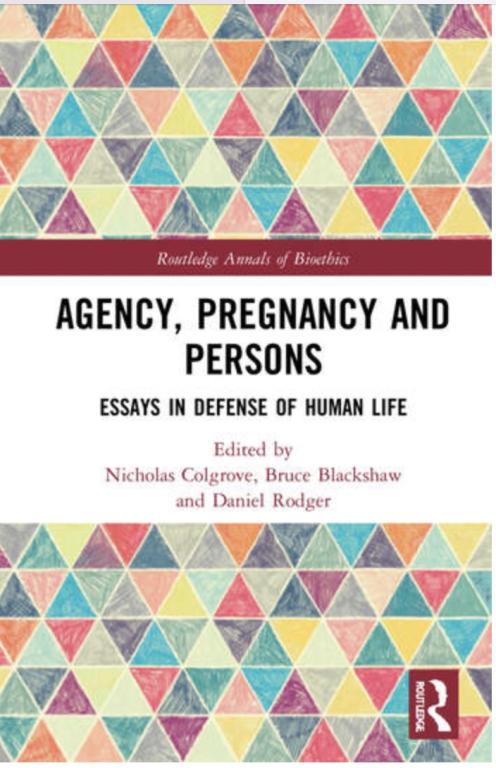Earlier this year I published an article in the Civil Rights Law Journal, a perodical of the Scalia Law School at George Mason University. In the article–entitled “What’s So Special About Religious Liberty?: Law, Philosophy, and Serving God“–I make a case for what I call “The Two Sovereigns” view of religious liberty by focusing on several famous establishment clause cases involving speech. Here’s an abstract of the article:
This paper addresses the question of the specialness of religious liberty. Rather than rehashing the many philosophical, constitutional, and statutory issues raised by legal scholars who defend what we call the Religion is Not Special Thesis (or RNS), this paper has a more modest goal: to reacquaint us with a venerable alternative to the RNS theory, one that we call the Two-Sovereigns Thesis (or TST). It is a view that many of the American Founders had in mind when they argued for incorporating its logic into state laws and constitutions. In presenting TST this paper draws our attention to those aspects of conventional religions that are often ignored or downplayed by RNS theorists, even though it is those characteristics of common piety that motivated the thinking of figures like John Locke, James Madison, Thomas Jefferson, and the Fathers of the Second Vatican Council. In this paper we argue that the main reason for this neglect is that the RNS theory is eliminative in its application, meaning that as an interpretative tool it eliminates from our vision those aspects of religious belief and practice that have traditionally set it apart from other activities. We begin with an analysis of how religious speech is treated both as non-special and special in the U.S. Supreme Court’s religion jurisprudence, which lays the groundwork for an account of the Two-Sovereigns Thesis. We then explain how that thesis has better explanatory power than the RNS view in accounting for the religious nature of certain types of cases in American jurisprudence.
You can download the article on my SSRN page here.


